Behind the Iron Curtain there once lay a country whose glory and economic ideas spread across the world like a fire on a high wind. A country whose space program was recently revealed in an eye-opening documentary by HBO Europe depicting what some people would have considered a this rather conservative country in quite a different light.
The country was Yugoslavia, which decided to open its borders in 1967 and lighten its visa requirements, and so became open to the world and embraced foreign investments.
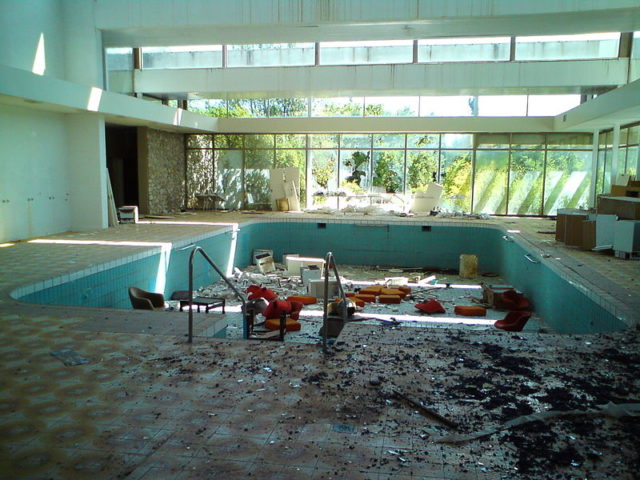
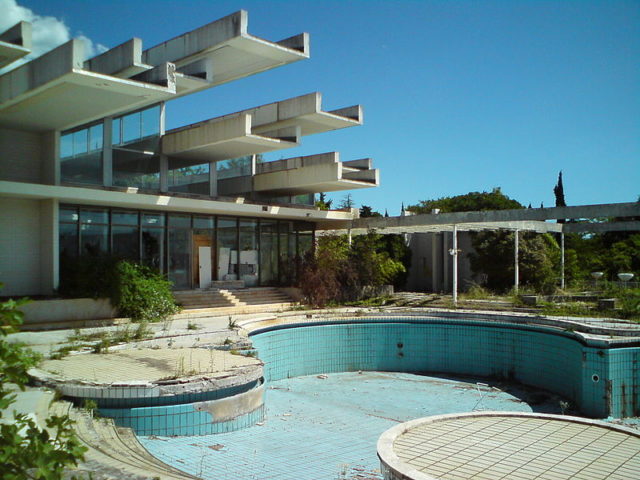
One of these investments was in the development of gambling facilities, which the government decided to allow on the condition that no Yugoslav should ever set foot in any of the casinos; they could only be for foreigners to gamble in. It was highly lucrative for foreign investors as a loophole in the tax code made it possible for the casino owners to slip money out of the country without paying any tax.
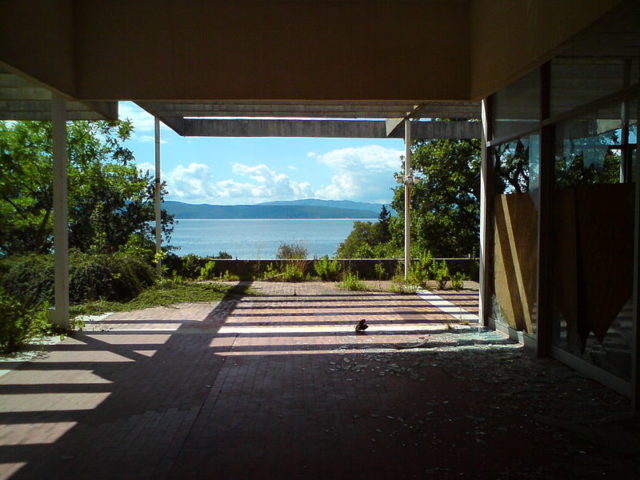
One particular investor was Bob Guccione, a prominent businessman, owner of Penthouse Magazine and of the soon to be Penthouse Adriatic Club at the Haludovo Palace Hotel. Guccione favored the business climate in Yugoslavia and therefore invested nearly $50 million in developing a new project there. Once completed, the Haludovo Hotel was a center for luxury and relaxation.
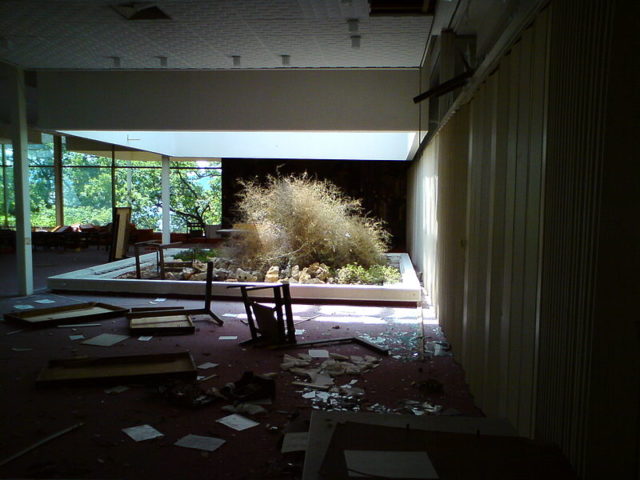
It was beautifully built using glass and concrete on the island of Krk in Croatia that attracted foreigners and locals alike. Guccione had poured all his resources into this hotel, and affluent businessmen from around the world would travel from far and wide to be a part of it.
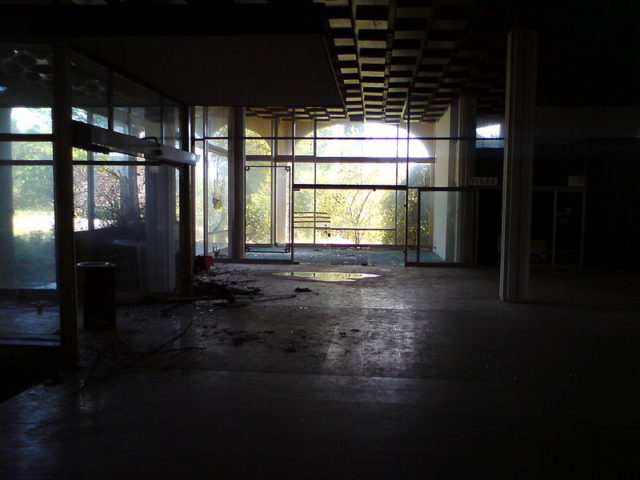
The architect for the project was Croatian Boris Magaš, an architect whose creations still stand in many places around Croatia. Magaš was a follower of the Brutalist Style of architecture that was used in the construction of the Penthouse Adriatic Club. The hotel was opened on June 15th, 1972.
Its guests were now free to choose from the plethora of activities such as bowling or simply relaxing by the pool in the hotel.
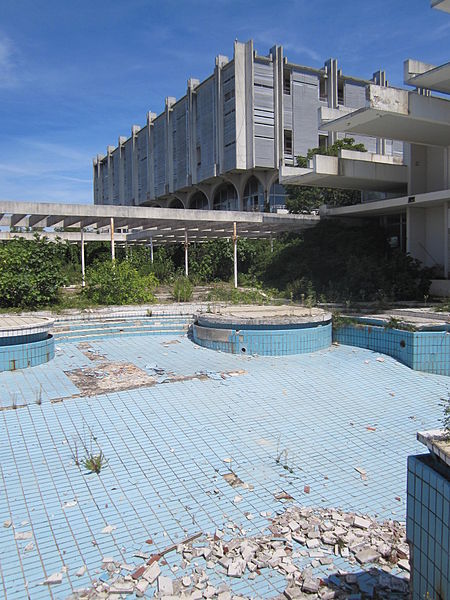
And so Bob Guccione fulfilled his dream, for tens of kilos of luxury food such as caviar were consumed daily and hundreds of bottles of champagne drunk at the hotel, which hosted high-profile guests including Saddam Hussein.
The workers at the hotel began to be self-managed to a certain degree, meaning that the employees were given a chance to participate in the making of important business decisions.
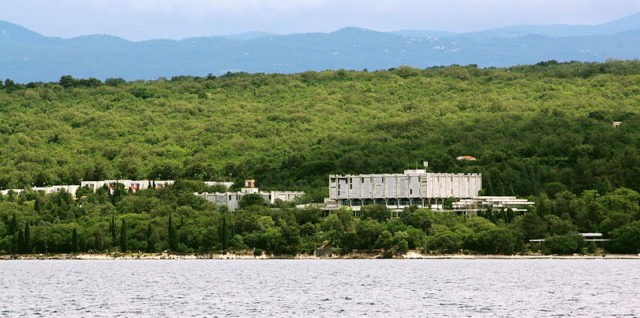
Plus the foreign guests were not as regular or reliable as Guccione hoped they would be, and the locals were forbidden to enter any casino. The hotel and casino began to lose money rapidly and eventually went bankrupt. In order to settle the legal affairs of the bankruptcy, ownership of the hotel was given to a Croatian firm named Brodokomerc.
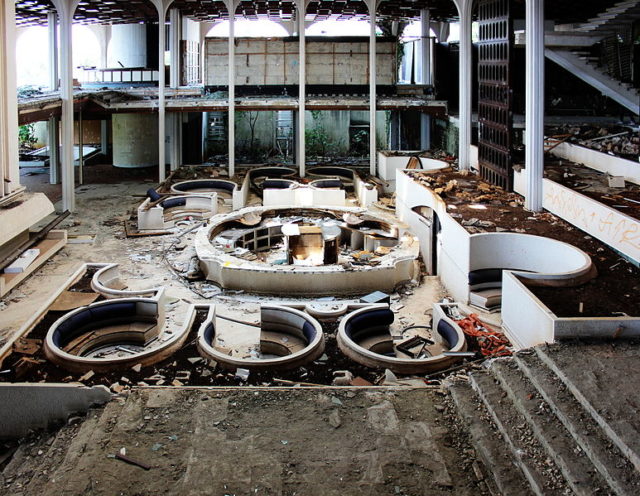
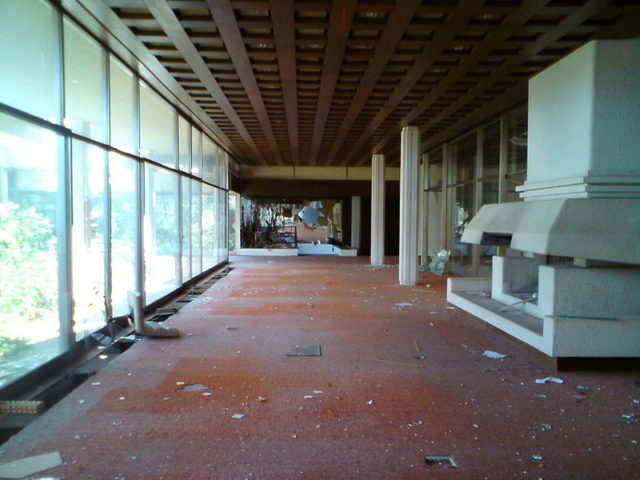
The hotel itself continued to run for almost two decades after the closure of the Penthouse Adriatic Club. Now under a new guidance of Brodokomerc, the hotel continued under the new name of Haludovo Palace Hotel. But then again the situation began to deteriorate. In 1991, the whole Yugoslav region fell into a devastating war which ultimately led to Yugoslavia being broken into several constituent nations.
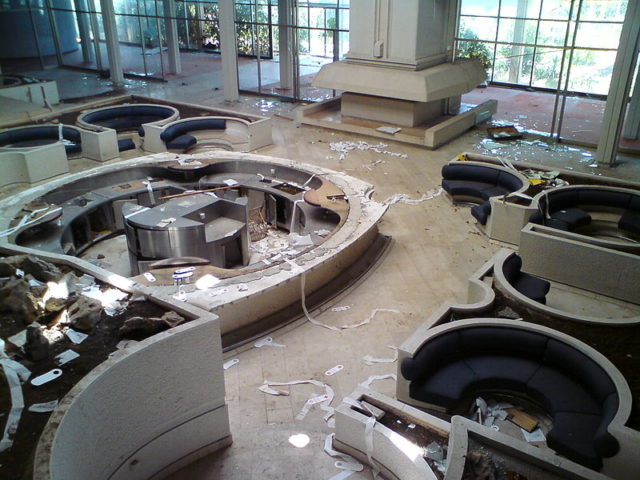
As a consequence of the war, the local economy suffered massively, and tourism in the region plummeted. During the war, the hotel served as a form of shelter for the war refugees. Once the conflict was settled and the war had ended, the Croatian authorities had difficulties in relocating the refugees, as many of them had no homes to return to.
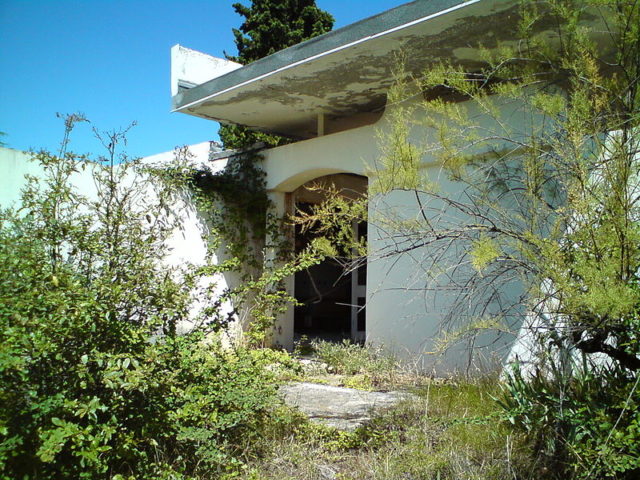
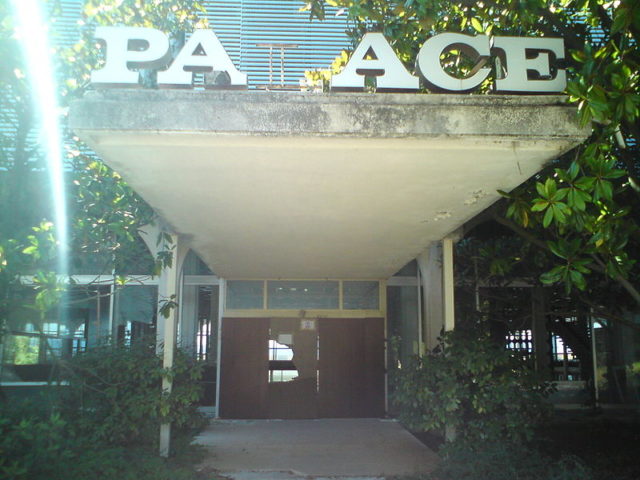
The hotel was looted thoroughly upon the departure of the refugees, complete with its fountains and furniture. Even the electrical sockets were taken. Today the hotel is completely abandoned and in a state of ruin. Only traces remain of the hotel’s former opulence.
